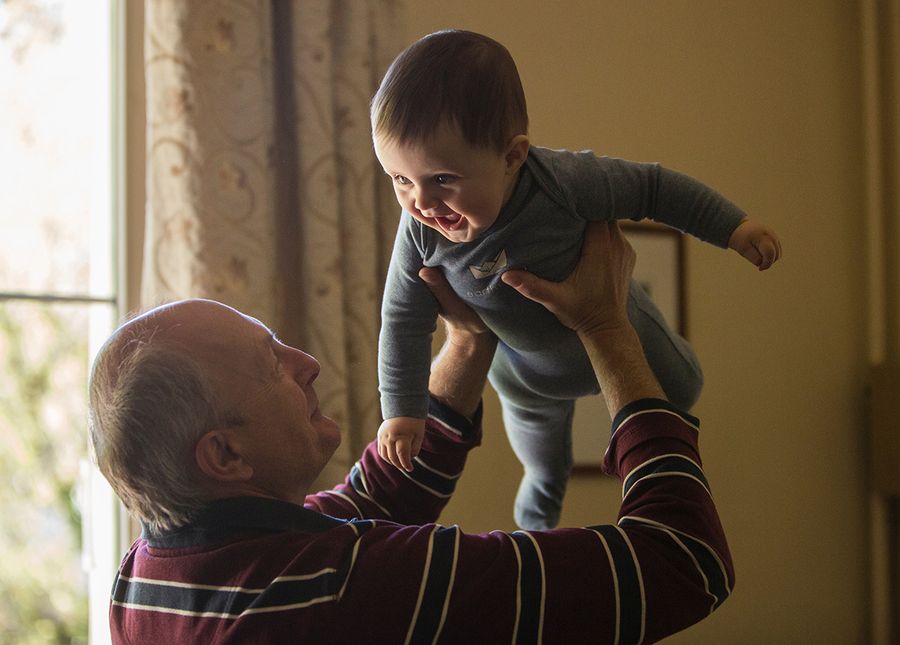The support offered by experienced carers in a residential aged care setting can make a person’s final weeks and days more comfortable and fulfilling. Drawing on advice from professional carers and nursing staff can also mean that family members and loved ones understand what is happening, and what services are available.
Medical care plan
Most residential aged care homes encourage residents to complete an advance care plan (also known as a care directive or health directive). This plan enables a resident to decide how they should be cared for should they become unable to issue instructions themselves.
These plans can also provide comfort and certainty to relatives.
Advance care plans typically outline the extent to which medical intervention or hospitalisation should take place, and instructions regarding spiritual or religious practices.
Personal and medical care
Staff at residential aged care homes will be responsible for personal care – including washing, grooming and toileting – in addition to nursing care, including medication management and wound dressing.
Palliative care
Taking an integrated approach to the whole person, palliative care is a medical, spiritual and emotional approach to dying. Palliative care acknowledges that death is natural, and strives to ensure a pain-free and life affirming experience for loved ones.
Care plans
In consultation with staff, loved ones and medical professionals, a care plan can be created for residents nearing the end of life.
Among other things, care plans can address such issues as:
-
medication and pain relief
-
social interaction and emotional support
-
cultural and religious considerations
-
communication and emergency notification instructions
-
support for family and close friends.




